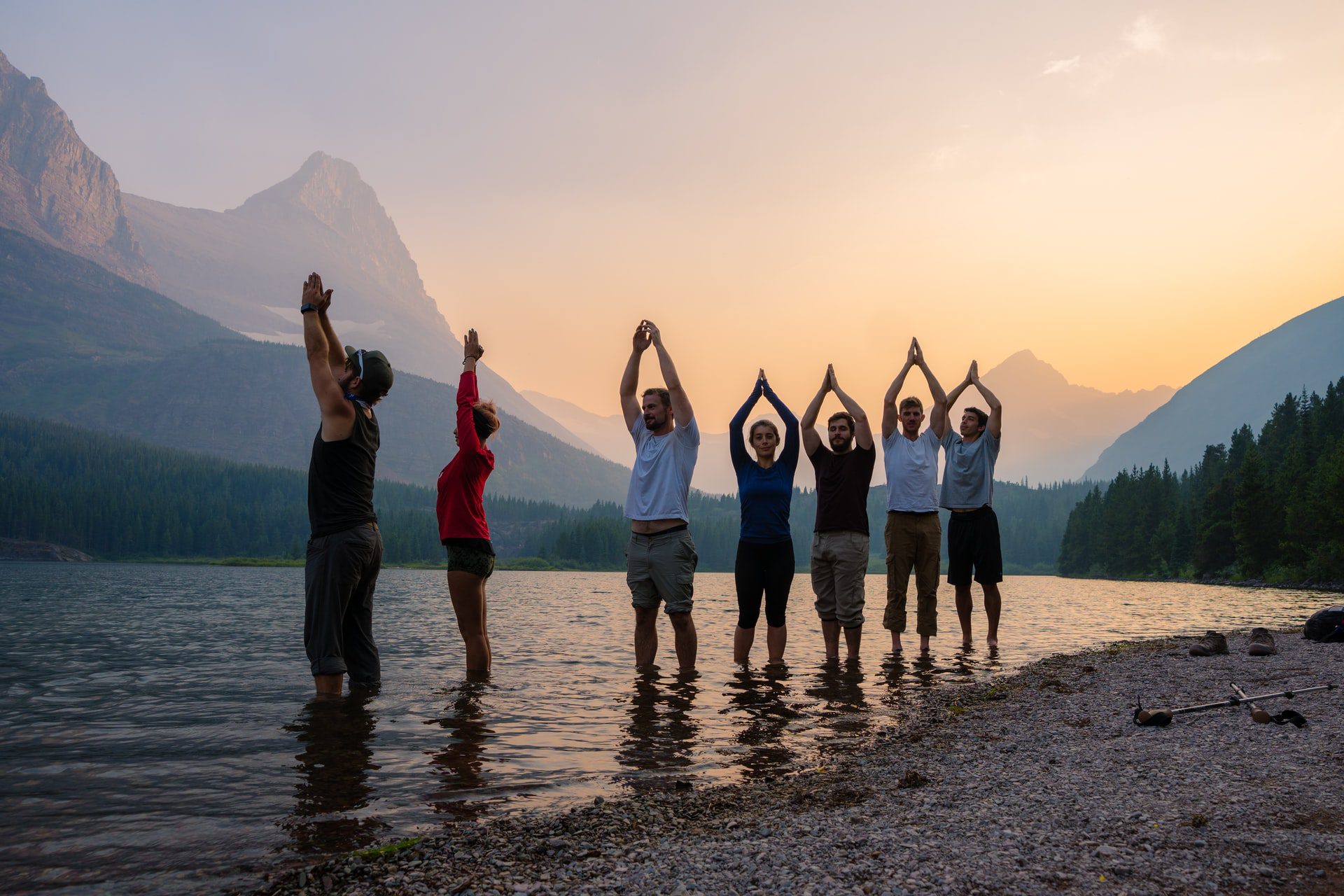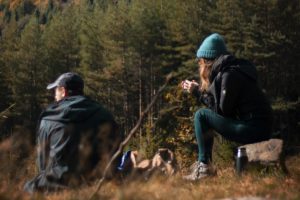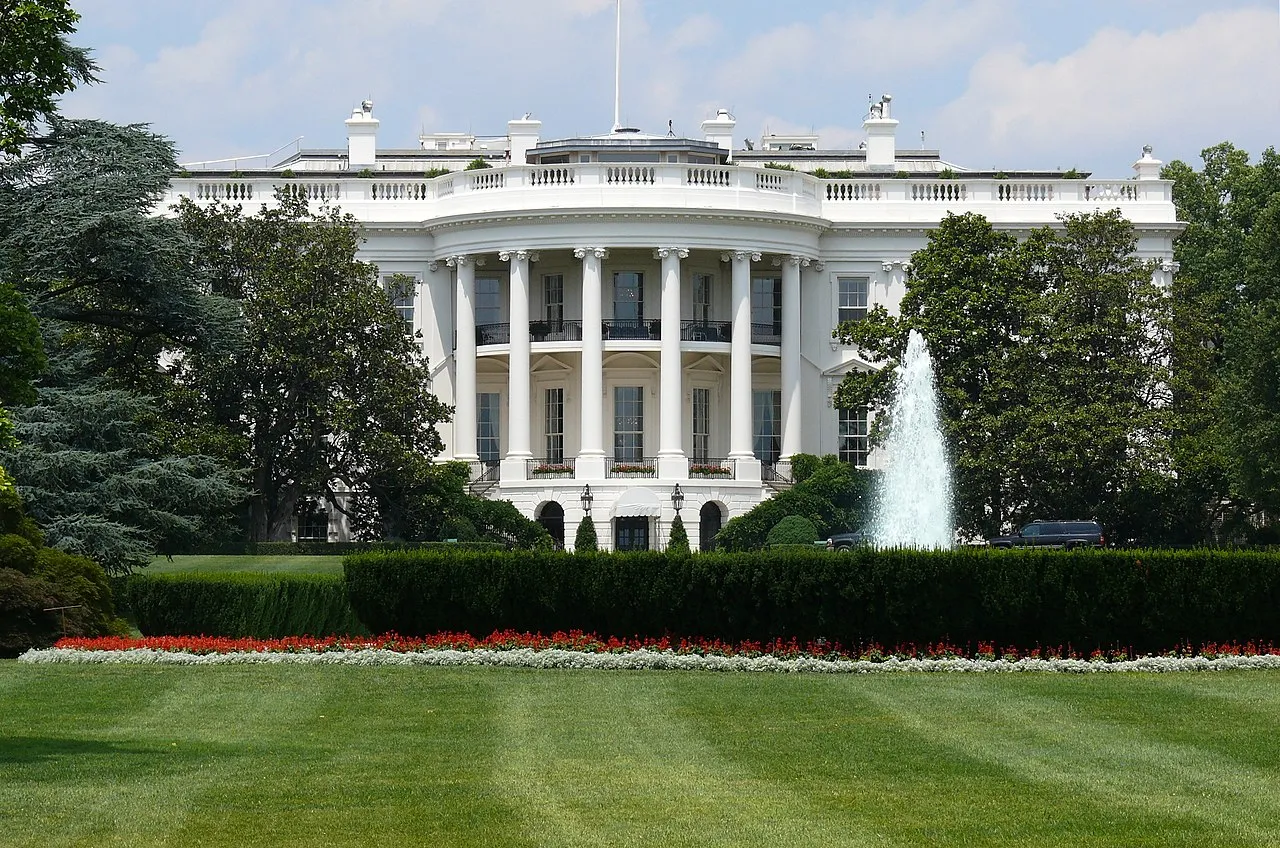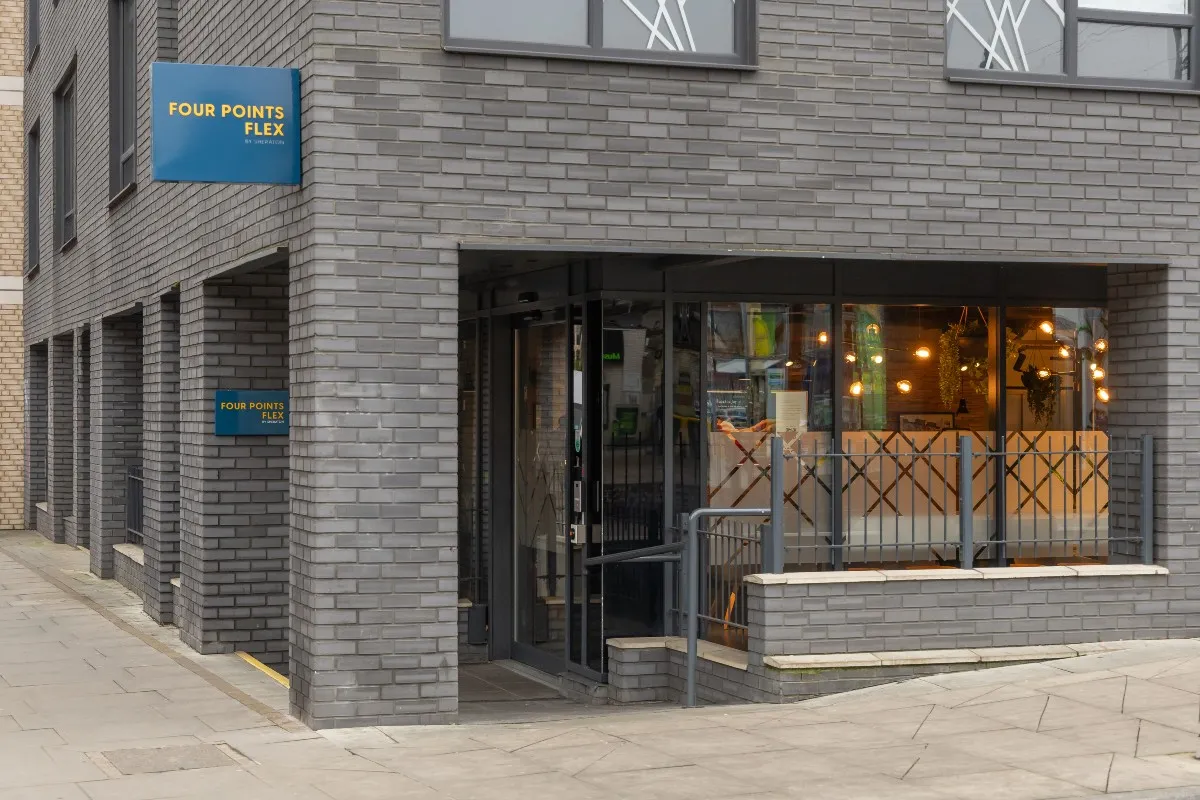Travel Startups Look Beyond Tourists to Coax Businesses Into Great Outdoors

Skift Take
It’s an unceremonious way to start a new job: sent to a remote cabin nestled away in the UK countryside for a three-day digital detox. But that’s exactly what one consultancy is doing for its new recruits, as part of a wider corporate trend that’s seeing more companies tap into the healing power of nature to stimulate employees.
It's all very consistent with larger travel trends since the pandemic focusing more on wide-open and outdoor spaces.
The digital detox program for companies was devised by Unplugged, an accommodation startup that has grown from one cabin to 15 in the past nine months.
“We can’t build the cabins fast enough,” said co-founder Hector Hughes. “We’ve seen the demand there.” Unplugged works with landowners to find remote spots, and requires guests to lock away their smartphones.
It’s a similar concept to Getaway, with its own phone lockboxes, which is seeing high demand across its 15 “outposts” in the U.S. In 2020, the startup saw a 150 percent increase in bookings year-over-year, and nearly 100 percent occupancy as people looked for a way to safely travel to socially distant destinations during the pandemic. As well as leisure breaks, it’s starting to see more corporates make bookings.
“We’ve had several businesses do full-site buyouts, where they host retreats with their employees that include disconnecting from WiFi, putting the phone in our lockbox, and spending time in nature and connecting with their colleagues,” said Rachel Mansfield, vice president of marketing.
Join Us at Skift Global Forum in NYC September 21-23
The benefits of fresh air and exercise for our brains have been well documented, of course. One travel manager said his organization has been adding running, cycling and even swimming to its internal meetings for years.
“My company has always been into organizing meetings and events that embrace at least one sports activity,” said Daniel Tallos, who works for an international sports retailer. “That often implies an outdoor activity, because that’s more fun.”
While sports are relevant to the nature of the business, Tallos said these types of gatherings were gaining importance as fewer people were meeting in the office. And rather than these outdoor meetings coming with a fixed business agenda, more are taking place just for the sake of bonding, connecting and building a team.
The Green Scene
On top of accommodation providers, new platforms and communities are jumping in.
The UK's Outside is building a community that "connects entrepreneurs, leaders, fresh air thinkers, idea explorers, tech folk, creatives, innovators and business activists." It hosts regular group walks and designs bespoke field trips to nurture business innovation.
"Now, more than ever — we feel it is time to reconnect to nature; to support wellbeing, nurture fresh thinking and inspire business innovation to create positive impact in your work," its website states.
On a smaller scale, walking-meeting app Spot is attempting the same thing. Launched by Remote Year co-founder Greg Caplan in March, it raised $5 million in May to pursue its mission of helping employees battle Zoom fatigue.
A common theme among these startups is the belief that ideas happen when people get out of the office, home or otherwise.
"A lot of creative problem solving comes from getting out of your own environment," said Unplugged's Hughes. "There's a huge amount of merit in getting teams into nature."
Flown, another UK startup, is taking a more scientific approach. It runs online "deep work" sessions, targeting people that work from home or co-working spaces who need to focus on specifics tasks without interruption. But it's also equipping hotels with the tools to facilitate this kind of work.
"The goal is to help people think and work, and access to nature is one of the ingredients," said CEO and founder Alicia Navarro. "Once you’ve seen the science that backs up the impact on creativity and energy levels, and the ability to return energized to focus on deep work, there’s indisputable evidence."
She cites one University of Melbourne study which showed that viewing an image of a green flowering meadow for just 40 seconds improved concentration by 6 percent, while viewing an image of a concrete rooftop dropped concentration by 8 percent.
For those without access to a flowering meadow, Navarro said Flown will later be incorporating such images as part of a new product.
Meanwhile, as well as problem solving, there are clear advantages for wellbeing. "Mental health awareness week this year was about connecting with nature," said Matthew Holman, owner of Simpila Mental Health and co-founder of the Business Travel Wellbeing Community.
"Working from home enabled us to have time to connect with nature ... we’ve found those extra hours now, which we used to use for commuting. So now how do you invest in those?"
But companies searching out greener pastures need to be aware that not everyone wants to embrace the great outdoors. "The activities have to be relevant, and inclusive," said Tallos. "The problem with sports is that you have some people who are not able, or willing, to play with the group."
From a travel management perspective, another expert warned that company culture also needs to be considered. "You’ve got to be careful, because it depends on the company dynamics," said Judy Emma, board director at the Bay Area Business Travel Association. "But it could be an interesting concept because it gets people out into nature, and nature is healing. It’s not so far fetched an idea, you also get to see people in person, which is amazing," she added.
Hughes, meanwhile, is looking to introduce multi-cabin locations for Unplugged, rather than just offering single cabin sites, as he explores how that can work for businesses. "Our ethos is about unplugging, because it’s just so hard to do nowadays," he said.






